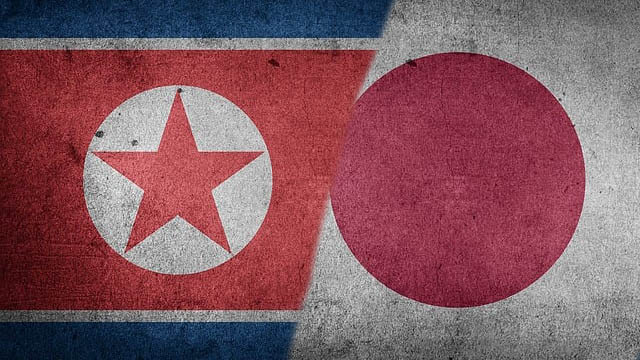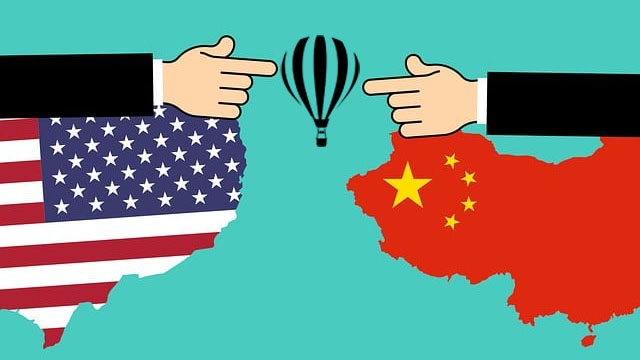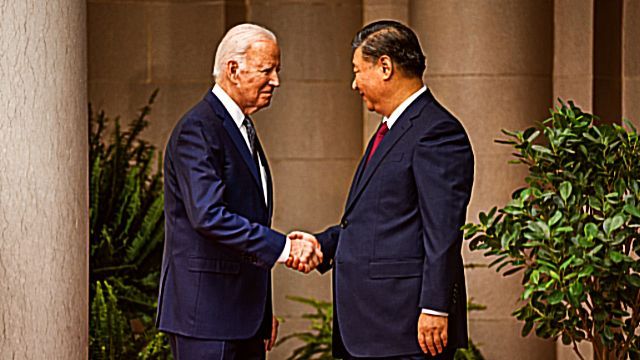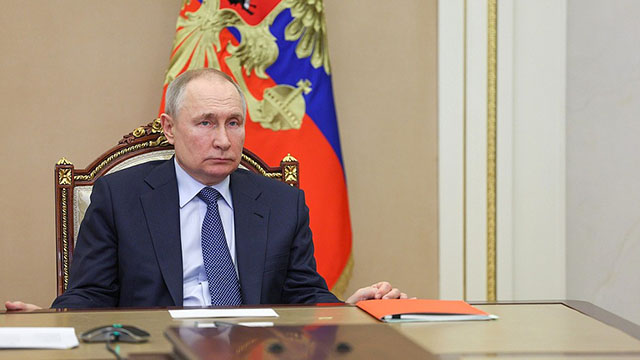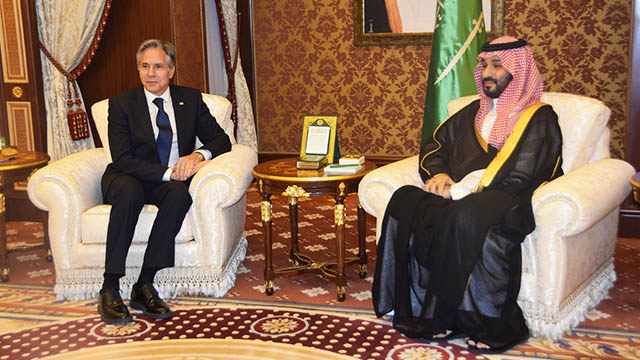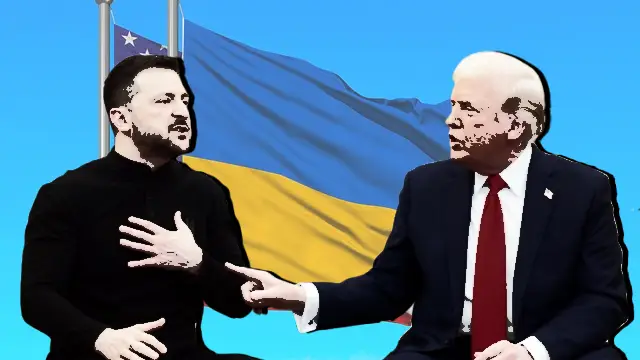The Democratic People’s Republic of Korea (DPRK) has raised an alarm over Japan’s plan to engage with the US-led military bloc North Atlantic Treaty Organization (NATO) in Asia. In an article published under the title “What is final aim of Japan’s Military Collusion with NATO” on May 14th, Kim Sol Hwa, researcher of the Institute for Japan Studies of the DPRK Foreign Ministry has raised questions on Japan’s involvement in helping NATO set its foot in the Far East.
The DPRK article alleges that Japan is joining hands with NATO using Russia’s special military operations in Ukraine as a subterfuge. Japan has alleged that Russia’s “invasion” of Ukraine has directly impacted not only eastern Europe but also the Asia-Pacific region. Tokyo said that the present situation requires it to revisit its security and, therefore, it’s contemplating cooperation with NATO.
Under the guise of realising a “free and open Indo-Pacific”, Japan’s Chief Cabinet Secretary Hirokazu Matsuno has called NATO an inevitable companion, the DPRK government’s article alleged. The Japanese government has been taking concrete steps to strengthen its ties with the US-led military bloc to help the latter establish its hegemony in the Far East, the writer alleged.
Earlier, Japanese Prime Minister Fumio Kishida had attended the NATO Summit held in Madrid, in June 2022. There Kishida reportedly vowed to improve Japan’s ties with the military bloc and spoke about its “historical significance”. Recently, Japanese Foreign Minister Yoshimasa Hayashi announced the opening of NATO’s first liaison office in Tokyo. He advocated for stronger ties with NATO citing the incidents in Ukraine.
The DPRK’s article criticised the “Japan-NATO joint statement” issued against the backdrop of Kishida’s participation in the NATO Summit. The NATO officials allegedly had talks with Japanese officials during their Tokyo visit in January 2023. Japan has declared that it will cooperate with NATO and expand its security cooperation into outer space and cyberspace.
Alleging that “NATO’s attempt to advance into the Asia-Pacific region through its military nexus with Japan has entered a dangerous phase of implementation”, the article said, “What should not be overlooked is the fact that the black-hearted design of the US to hold its hegemonic position in the Asia-Pacific region by fabricating ‘Asian-version NATO’ lurks behind the worrisome Japan-NATO cohesion.”
Highlighting the history behind the formation of NATO soon after the second world war, the DPRK government’s article said, “It is an open secret that the US, which established NATO, an exclusive military alliance under the pretext of ‘defending’ the Western countries from ‘communist aggression’ after the end of the second world war, has worked overtly and covertly to create such a military bloc in the Asia-Pacific region, too.”
The article alleged, “The US, hell-bent on pursuing hegemony, is now working harder than ever before, for its position in the Asia-Pacific region being shaken to a great extent in recent years.” It went on to criticise the anti-China military blocs formed by the US under the pretext of defending the “Indo-Pacific”.
“This is clearly evidenced by the fact that the US seeks to turn all sorts of confrontational alliances into NATO-based ones by establishing AUKUS and expanding the ‘five eyes’ after transforming QUAD into an anti-China security cooperation system”, the article alleged.
The DPRK alleged that by capitalising the Ukrainian crisis, the US is trying to turn NATO into a global military alliance, beyond its initial European borders. The US, the article alleged, has been “encouraging the collusion and nexus between its junior allies and NATO member states” by underscoring the so-called “security correlation between the both sides of the Atlantic and the Asia-Pacific region”.
It also alleged that the “sinister aim” of the US is “to lay huge siege to China and Russia by inveigling Japan, south Korea and other vassal forces into such typical confrontational blocs for exclusive security cooperation as AUKUS and QUAD and linking them with NATO (sic)”. It accused Japan of attempting to revive itself as a military bully in the region riding on the back of the US.
The article alleged that Japan’s “ulterior intention” is to outpace the neighbouring countries of the region and “turn itself into a military giant” supported by the US and NATO. The article cited Japan’s hysteria over the Ukraine crisis, which it uses to defend its military ambitions and to pursue a military nexus with NATO. The writer alleged that Japan is ultimately trying to get rid of its “Pacifist Constitution”, which was forced on it after the defeat of fascist Axis Powers in the second world war.
Calling Japan’s plan a mistaken one, the article concluded with three major observations:
Firstly, the present Asia-Pacific region is not the same as during the second world war, when the “Japanese imperialists were pursuing their unrealistic greed for building the ‘Greater East Asia Co-Prosperity Sphere.’”
Secondly, it claimed that “Japan’s tightened military collusion and nexus with NATO, a pronoun of war and confrontation, will only disturb regional peace and stability and invite instability and irreversible isolation of the archipelago.”
Finally, the DPRK’s article asserted that “Japan should bear in mind that its military nexus with outsiders and moves for building a military giant will only lead it to the second ruin”, citing its ignominious defeat at the hand of the Allies during the second world war.
Tanmoy Ibrahim is a journalist who writes extensively on geopolitics and political economy. During his two-decade-long career, he has written extensively on the economic aspects behind the rise of the ultra-right forces and communalism in India. A life-long student of the dynamic praxis of geopolitics, he emphasises the need for a multipolar world with multilateral ties for a peaceful future for all.

